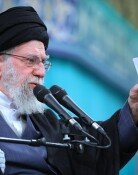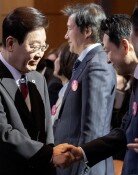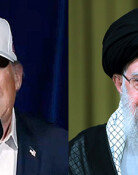[Opinion] Professor Lee Gi-baek
I, a man of low birth from Pyeongan-Do with nothing to boast of, wished to live by studying. was what Professor Lee Gi-baek wrote for Dong-A Ilbo 10 years ago.
He passed away on the 2nd of June at the age of 80. He is a member of the first generation of Korean historians after Korea restored her independence, and has written, translated and edited more than 30 books and presented more than 160 articles. While he was in universities, he had never taken any job except ones at research institutes. He really was an accomplished scholar with a deep interest in popularizing history.
In one summer in the 80s, I visited him to receive manuscripts I had requested. It was early morning, but he greeted me with his clothes of ramie fabric on. The scent of books was all around his house. He offered me in for a cup of tea, and began to concern himself about the world. His handwritings on the draft were as graceful as he was. I remember that I felt at a loss because he kept on using terms of respect to me despite the fact that I was the age of his pupils. At those times, most other famous writers just left their manuscripts at the guardroom of their condominiums, or their wives handed them over through slightly opened doors.
When young, his great-great-grandfather, Namgang Lee Seung-hoon (1864-1930) taught him. The sensation he felt after reading A Study on the History of the Chosun Dynasty by Shin Chae-ho and A History of the Chosun Dynasty in a View of the Bible by Ham Suk-hun led him to be a historian. Thereafter, he cultivated junior scholars at Ewha Womens, Sogang and Hallym Universities. Especially during his stay at Sogang University for 22 years, he, along with Jeon Hae-jong (Oriental history major), Gil Hyun-mo and Cha Ha-soon (Western history major), attained the highest stage of prosperity of the Sogang Coterie in Korean history annals. The book, New History of Korea, which he elaborated on four times, became the history guidebook for Koreans, and a must-read book for students.
He firmly denounced history that lacked support of historical materials. Because of this, nationalist historians--historians who consider interpretation matterssaid that he took the Japanese colonial historical point of view and attacked him. However, he was not shaken at all. It was his cherished opinion that disobedience to the truth will kill both nation and people. When his condition of disease grew worse a few years ago, he said, I would rather die studying and kept on writing until the last day of his life. Now the Korean history world is in debt to Professor Lee.
By Oh, Myung-cheol, editorialist oscar@donga.com







